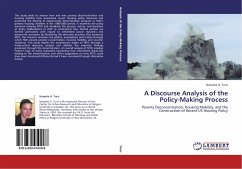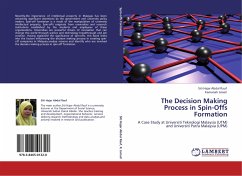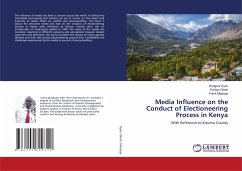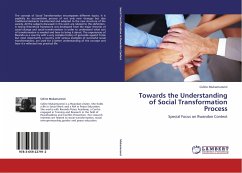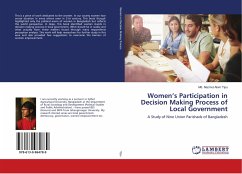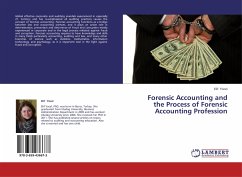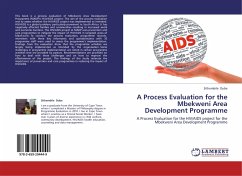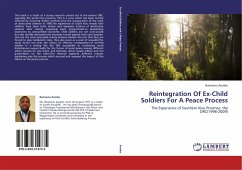This study seeks to answer how and why poverty deconcentration and housing mobility have dominated recent housing policy discourse and produced the Moving to Opportunity demonstration program as HUD's primary housing initiative in the 1990-2000 period. It examines the policy discourse imbuing MTO and elucidates the process, nature, and dynamics of policy deliberations at HUD to understand how federal policies are formed particularly with regard to embedded power dynamics and democratic processes. By illustrating the discursive practices that produced MTO, this research uncovers the politics, assumptions and frames through which HUD viewed poverty concentration, housing mobility, and voucher recipients. This study depicts the evolutionary stages of MTO through a frame-critical discourse analysis and delimits the empirical findings produced through the demonstration. An overall analysis of MTO employs Fischer's logic of policy evaluation elucidating four interrelated discourses leading to the demonstration and offers suggestions on how MTO could have been structured differently had it been conceived through alternative frames.
Bitte wählen Sie Ihr Anliegen aus.
Rechnungen
Retourenschein anfordern
Bestellstatus
Storno

